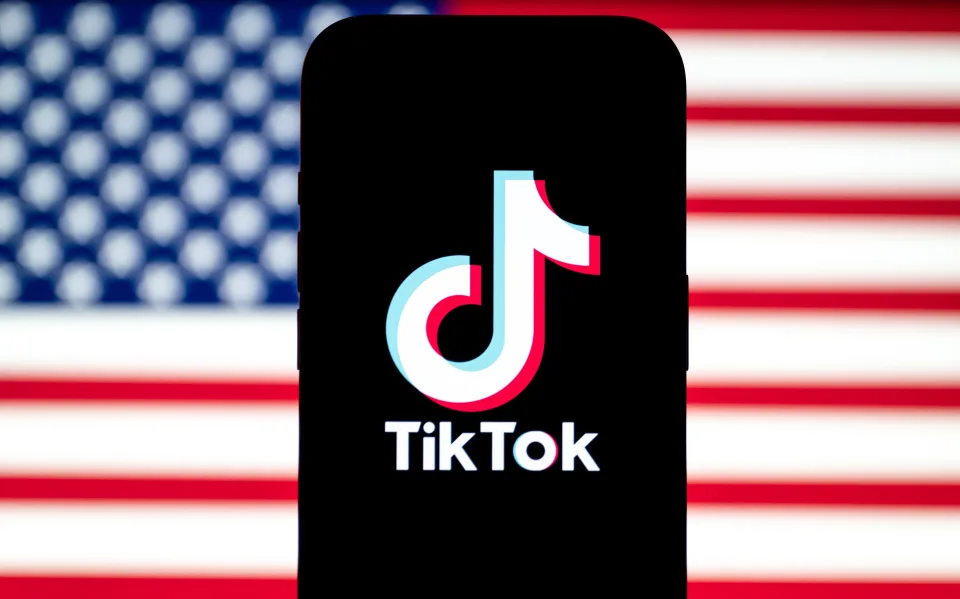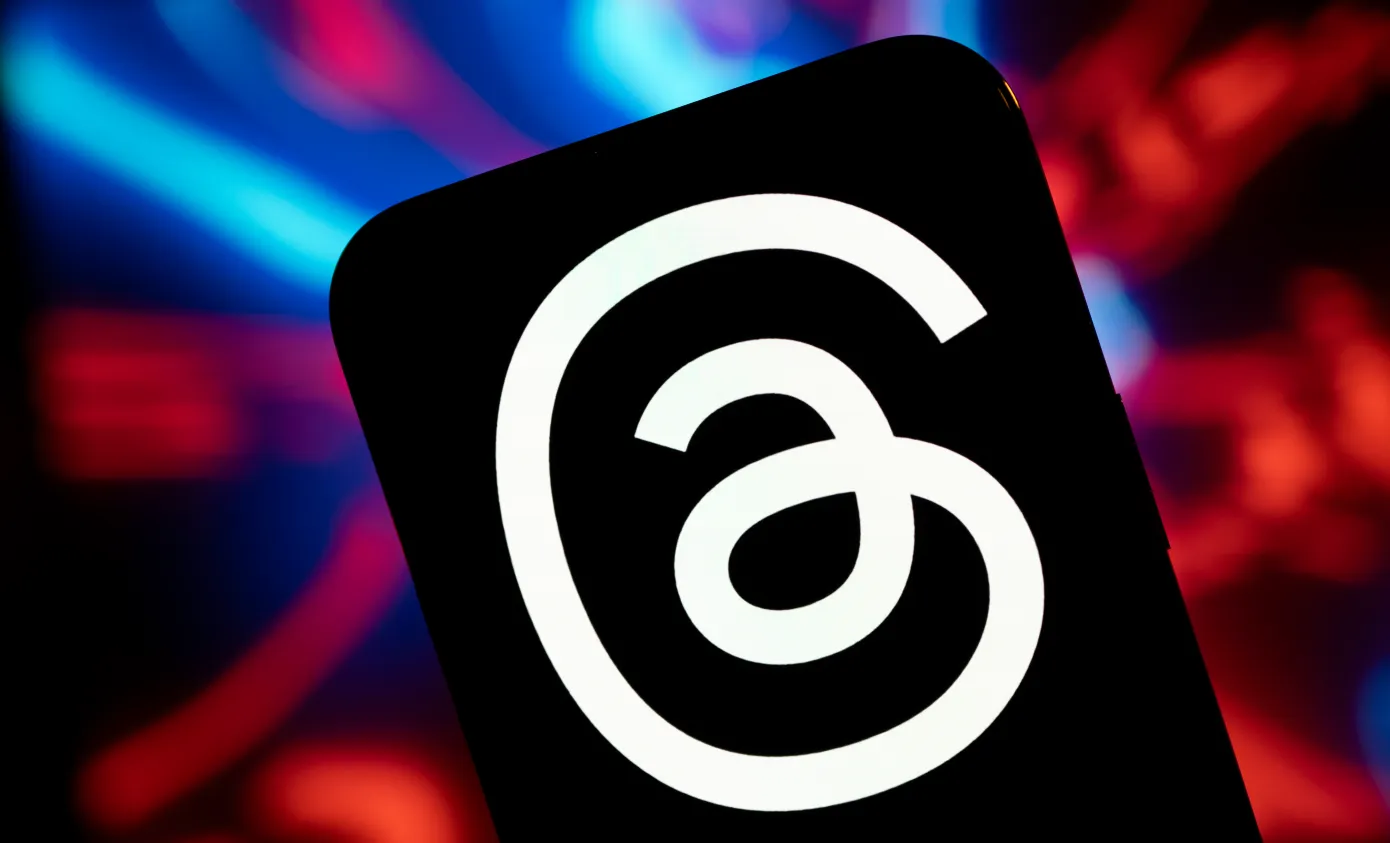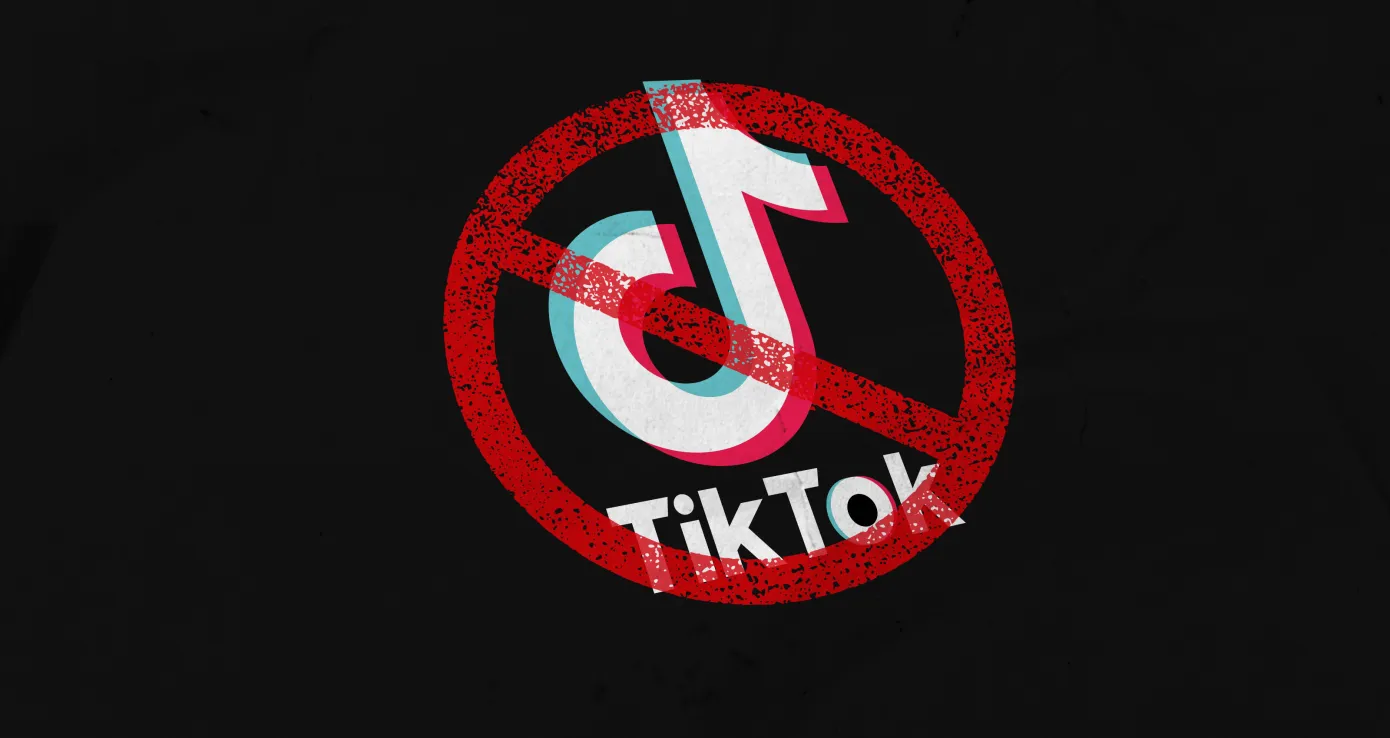
In a monumental decision, the House of Representatives has passed a bill that could potentially lead to the ban or forced sale of the popular social media platform TikTok. The swift approval of the legislation, known as the “Protecting Americans from Foreign Adversary Controlled Applications Act,” marks a rare instance of bipartisan cooperation, with a resounding vote of 352 – 65 in favor. Now, the bill advances to the Senate for further deliberation and possible enactment into law.
Under the provisions of the bill, parent company ByteDance would be granted a six-month window to divest TikTok or face stringent consequences, including expulsion from U.S. app stores and web hosting services. This move comes amidst mounting concerns over national security and data privacy, echoing previous attempts to regulate or dismantle the platform. However, unlike its predecessors, this bill has gained remarkable traction in a remarkably short span of time.
Although the House has spoken decisively, the bill’s fate in the Senate remains uncertain. While some senators have voiced support, others, such as Senator Rand Paul, have raised objections, signaling potential roadblocks ahead. Meanwhile, TikTok has vehemently opposed the legislation, denouncing it as unconstitutional and warning of dire economic repercussions for creators and businesses alike.
The contentious debate surrounding TikTok’s future has sparked a flurry of activity, with the platform mobilizing its user base to lobby against the bill. Yet, amidst the fervent pushback, questions linger over the implications of such legislation on free speech and digital rights. Critics argue that a targeted approach towards one app may not address broader concerns about data privacy and online security, advocating instead for more comprehensive regulatory frameworks.
Former President Donald Trump’s opposition to the bill adds another layer of complexity to the unfolding saga. With Meta also positioned as a potential beneficiary, the political landscape surrounding social media regulation becomes increasingly convoluted. Nevertheless, proponents of the bill remain steadfast in their conviction that stringent measures are necessary to safeguard national interests and protect user data.
As the bill progresses through the Senate, all eyes are on President Joe Biden, who has signaled his willingness to sign it into law. With mounting pressure from his administration and ongoing security concerns, the fate of TikTok hangs in the balance, poised for a potentially watershed moment in its tumultuous history. Should the bill pass, TikTok may face a protracted legal battle akin to past challenges, underscoring the complex interplay between technology, politics, and privacy rights in the digital age.






